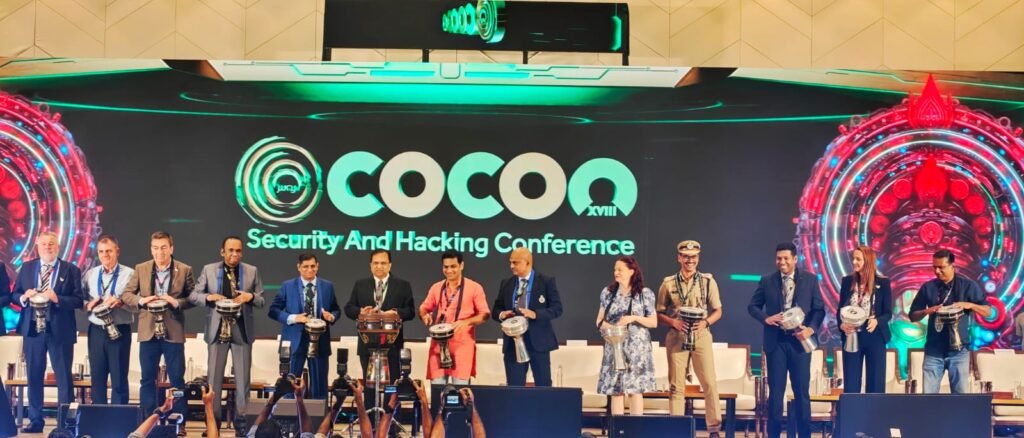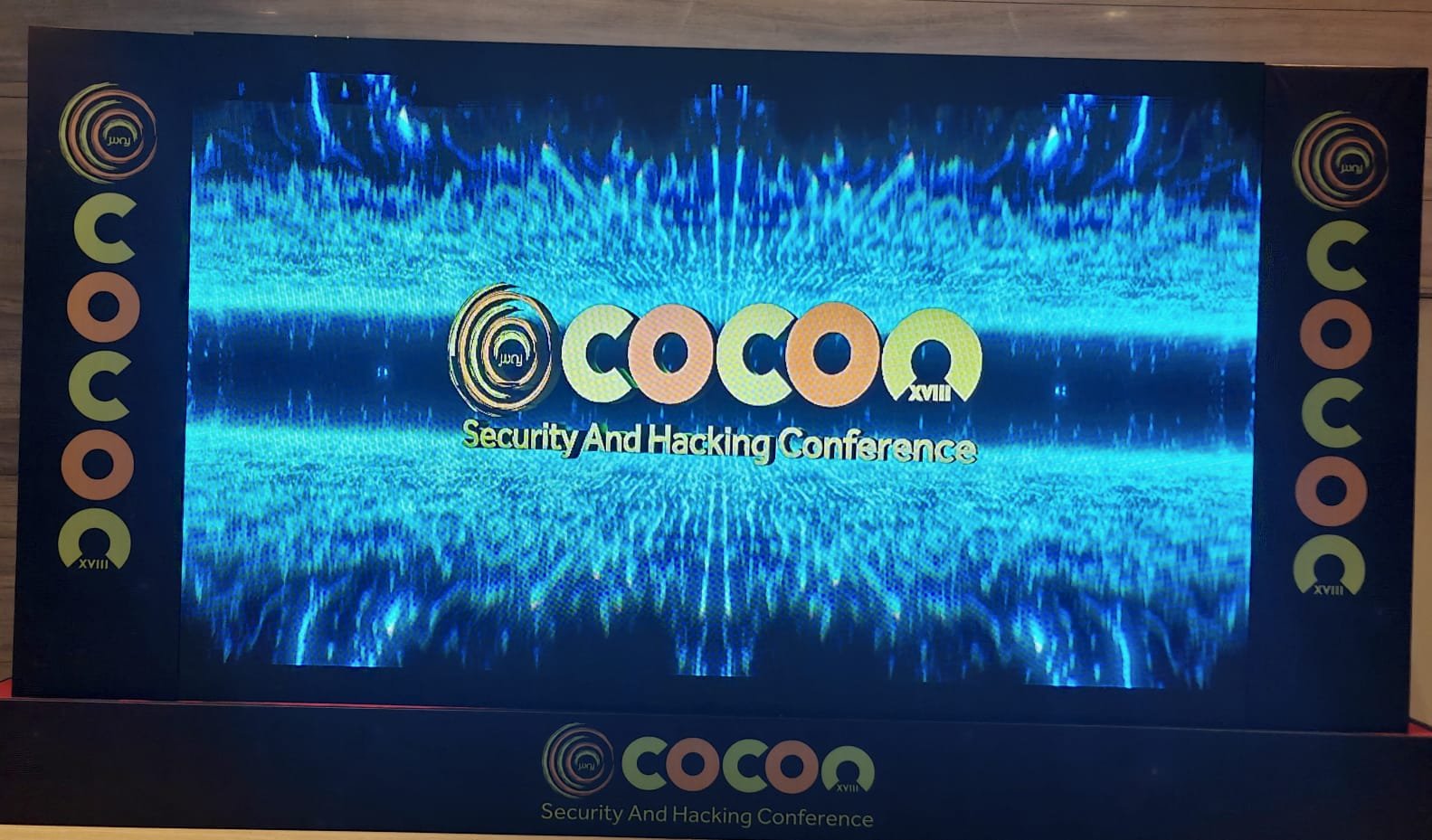Kochi, Kerala: At the opening ceremony of c0c0n 2025 — India’s leading international cybersecurity and hacking conference — Kerala Director General of Police (DGP) Ravada Chandrasekhar emphasized that cybersecurity is no longer a technical issue but a core pillar of national security and governance.
Speaking to a gathering of over 3,000 delegates from 32 countries, Chandrasekhar said that the digital revolution, while transforming governance and public service delivery, has also expanded the nation’s threat surface exponentially.
“Cybersecurity is now an integral part of governance. As emergency response systems and citizen services are digitized, our attack surface widens. Cyberattacks today are not isolated events — they are organized and have the potential to disrupt entire nations,” he said.
FCRF Launches CCLP Program to Train India’s Next Generation of Cyber Law Practitioners
The DGP noted that digital infrastructure is no longer confined to government departments.
“Digital systems underpin financial transactions, healthcare, education, and public utilities. Any compromise here is not just a cyber incident—it’s a governance crisis,” he added.
Cybersecurity cannot be done alone; collaboration is the key
Chandrasekhar underlined the growing need for multi-stakeholder collaboration between government, industry, academia, and citizens to combat complex cyber threats.
“No one can fight cybercrime alone. c0c0n stands for collaboration. It is not a policing conference—it’s a platform where experts, policymakers, and innovators come together to deliberate on threats and solutions,” he said.
He added that the Kerala Police has long recognized the importance of a public-private partnership (PPP) model, through initiatives like Cyberdome, which has become a benchmark replicated by other Indian states.

Cyberattacks threaten public safety and national stability
Warning against the increasing sophistication of threat actors, Chandrasekhar said that cyberattacks on critical infrastructure—such as power grids, metro networks, and hospitals—can paralyze public life and threaten national security.
“These attacks are not random; they are structured, organized, and often designed to destabilize nations. It’s time we view cybercrime not as a peripheral issue but as a central challenge to public safety,” he said.
The DGP also outlined Kerala Police’s ongoing efforts to improve cyber awareness, including school and college outreach programs, digital safety campaigns, and joint exercises with national and international agencies.
Manoj Abraham: “Kerala’s PPP model is now a national benchmark”
Following the DGP’s address, Manoj Abraham, Director General of Police and Director of Vigilance & Anti-Corruption Bureau, reiterated Kerala Police’s collaborative approach to cybersecurity.
“This is not just a police event. c0c0n is a global platform where government agencies, private sector leaders, and researchers share knowledge and shape cyber policy together,” Abraham said.
He noted that Kerala’s Cyberdome initiative, launched as a PPP model, has become a national success story in proactive detection and prevention of cybercrime.
“Our public-private partnerships, research labs, and coordinated efforts with national and international agencies have helped us lead from the front. Most Indian states have now adopted this model,” he added.
Abraham highlighted that the state’s integration of AI and youth talent into cyber investigations has been instrumental in improving detection rates.
“Students and techies with AI expertise are actively supporting crime detection and analysis. AI is going to play an even bigger role in the future of law enforcement,” he said.
AI is reshaping the fight against cybercrime
Both officers acknowledged that artificial intelligence is becoming central to crime prevention and digital policing. With the surge in AI-driven scams, deepfakes, and automation in hacking, the need for advanced tools and cross-sector collaboration has never been higher.
“Cybersecurity has become a part of our daily lives. As technology evolves, we must ensure that our defences evolve faster,” Abraham said.
Kerala leads by example in global cyber collaboration
With over 3,000 delegates, c0c0n 2025 has become a symbol of India’s collaborative cybersecurity ecosystem, bringing together national agencies like NIA, CBI, CERT-In, NCRB, IB, and RAW, alongside international experts, ethical hackers, and students.
The event, jointly organized by Kerala Police and ISRA, continues through October 11 at the Grand Hyatt, Bolgatty, featuring training labs, technical workshops, and policy dialogues on AI, cyber law, and digital forensics.
From cyber awareness to AI-led threat response, Kerala has shown that collaboration works,” Chandrasekhar said in his closing note, adding that the lessons from c0c0n would “shape the country’s cyber defence for the next decade.



